By Valentine Obienyem
Two days ago, I had a flight from Enugu to Abuja. I only learnt of the change in departure time – from 8:30 a.m. to 2:00 p.m. – after I had already arrived at the airport.
Today, I travelled from the same airport to Lagos. I sat on row three. It was then I noticed something curious: the aircraft had no real business class. Yet, rows one and two were designated as “business class” in name and in service only. The seats were identical to the rest of the cabin – no distinction whatsoever.
From my vantage point on row three, I observed the subtle theatre of class creation. At first, the cabin crew approached the passengers in rows one and two to ask if they needed water. That courtesy did not extend to us behind them. When refreshments were served, ours came in a small box, while theirs was presented in a customised bag. By this alone, one could easily assume they were genuine business-class passengers.
There was not even a curtain, that laughable instrument of division – nothing at all- to demarcate or justify the supposed class difference.
So, I ask: why should anyone pay a premium for such a “business class”?
If it were Mr Peter Obi, I am almost certain he would have questioned it thoroughly and treated it for what it was: an attempt to swindle customers under the guise of elevated service.
I have deliberately withheld the name of the airline, because my purpose here is not to malign any company, but to highlight a lesson.
If you are a disciple of Mr Peter Obi, as some of us consider ourselves, you soon learn from the master’s habits – lessons not only about leadership but about life itself. Peter questions what many, even those far less privileged than he, would simply ignore. He insists on value: value for his money, value for his time, value in whatever he does or says. And when he speaks, you sense a deliberate intention to make a positive impact.
This is where the Socratic element becomes clear. Socrates believed that truth and justice emerge when we question appearances, interrogate assumptions, and refuse to accept things merely because they are presented as normal. The Socratic method, asking pointed, honest, and unsettling questions, was his way of exposing pretence, clarifying truth, and compelling society to act rightly.
Peter Obi does the same in daily life. He examines everything. He asks the uncomfortable but necessary questions: Why is this so? Who benefits? Is there value? Is this just? Like Socrates, he is not intimidated by established norms or hollow conventions. And he is not afraid to challenge what is wrong, no matter how small or ordinary it may seem.
It may appear trivial to others – a bottle of water, a seat arrangement, a refreshment bag. But for him, and for anyone who seeks a life of integrity, these are moments of scrutiny. They are invitations to practise the examined life, to question deception, and to insist on fairness.
That, ultimately, is the difference. That is the lesson.


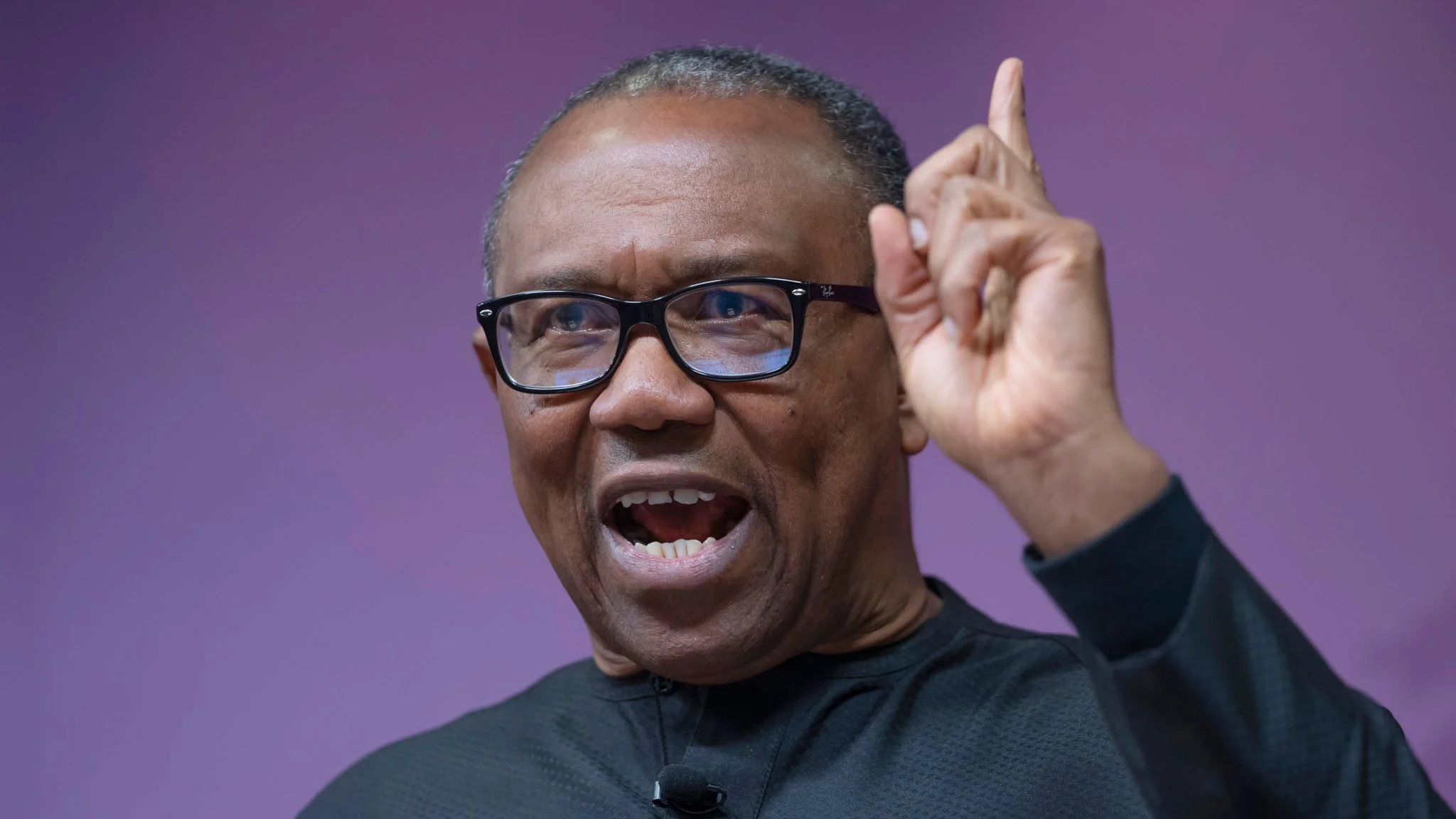


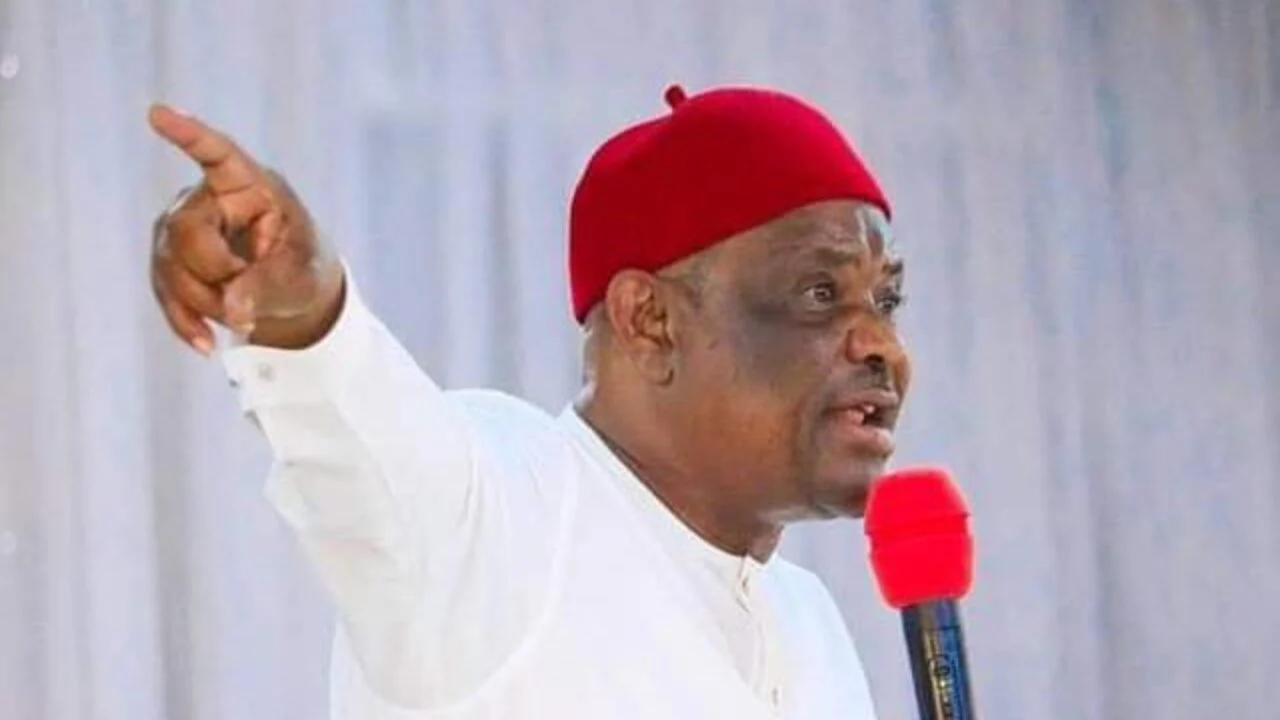
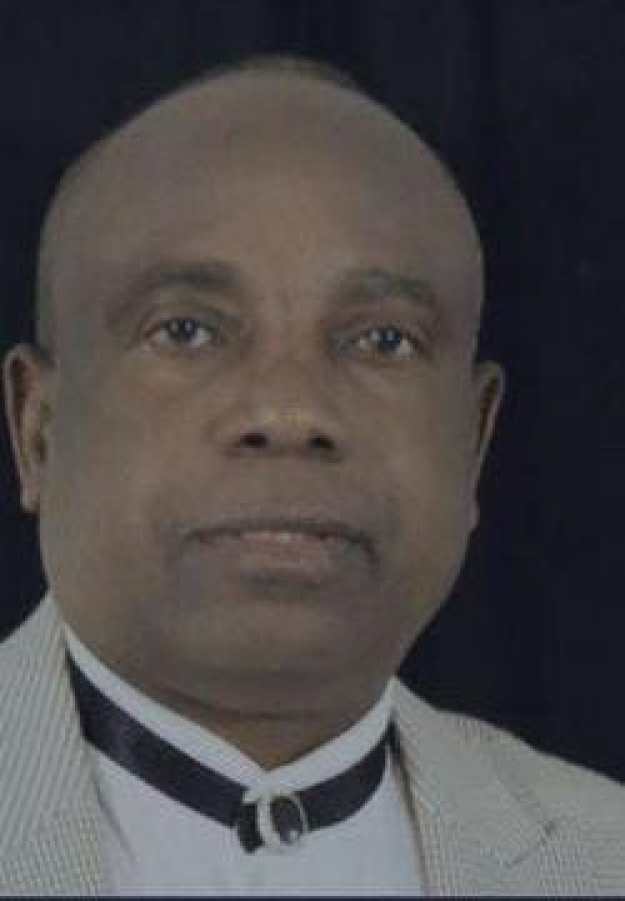
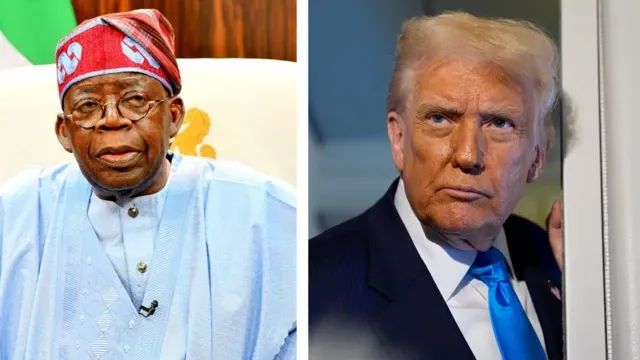

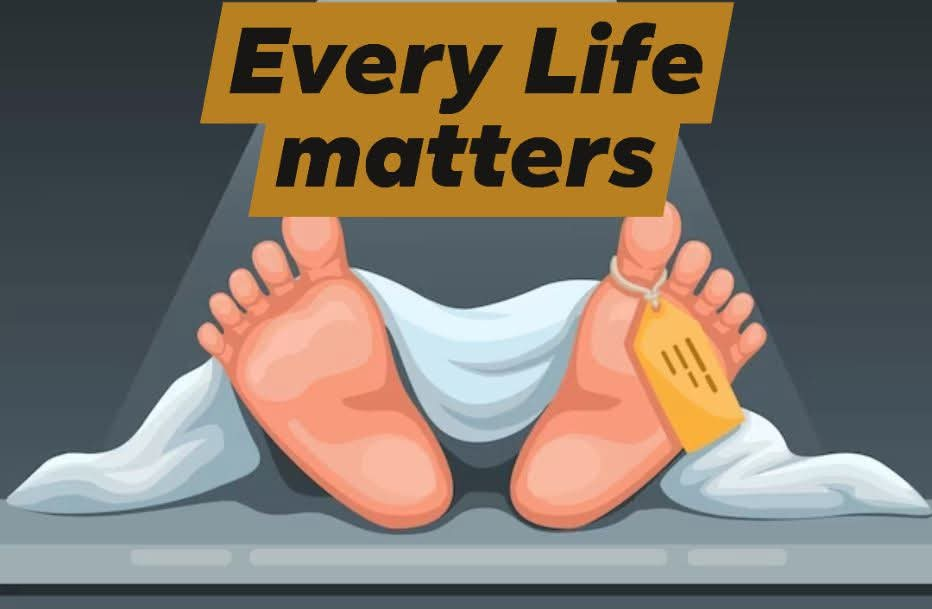

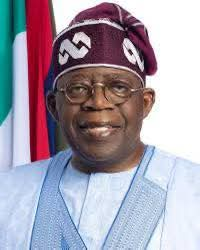

Leave a Reply